Happy almost summer everyone! As the end of the school year is quickly approaching, I thought I would take the time to lay out some key ideas and tasks you may complete to help you stay organized as you prepare for the year to end. Tune in below to learn more and be sure to check out the links and resources section at the bottom of the page! Have a safe and wonderful summer!
With summer quickly approaching, I know there are several different things on your plate. Whether it be last-minute IEPs, progress reports, creating certificates/activities for your graduates, organizing all of your materials, cleaning and packing up, and so much more…you are one busy SLP!
I wanted to take time today to lay out tasks and ideas for you to help you organize all of your to-do’s as the end of the year approaches. My hope is this list will help leave you better prepared for the following school year and provide you with a sort of guideline to go by as you organize all of your last-minute to-dos!
Ideas and Tips for End of School Year Wrap Up
1. Create a to-do list or keep a planner for the end of school year:
Writing down all of those important to-do’s will help keep you organized, especially when you have so many different things that you need to get done in a short period of time. So take a second, sit down, and write out all of those things that need to get done. Making this your first step will then help you to stay more organized as you are tackling each of the additional tips listed below!
2. Paperwork:
Get to work on all of those last-minute progress notes and IEP reports. I know this is a big one for everyone! One thing that has always helped me is to create a spreadsheet with my caseload and all of the due dates for paperwork as well as meeting dates.
3. Creating Speech “Diplomas”
As the school year is ending, you may have students on your caseload who are graduating or moving to a new school. Celebrate their achievements! Have fun with this one: you can create a “Speech Diploma” for those students, or create a certificate, you can give your students an actual award or treat, or even have your student decorate their own speech certificate. This leads to my next idea for you…
4. Planning the last day of the speech
The last day of speech looks different for all SLPs, whether you throw your students a party, give out treats, reflect back on the year, and so much more. Plan out how you want your last day of speech to look. You may plan a little ceremony for those students who are graduating from speech or just a party for all of your students! You can have your students select their favorite toy or game to play on the last day.
5. Organize summer speech homework
There may be students on your caseload you are planning to provide homework or summer packets to support continued speech and language development over the summer. Start by making a list of those students you are planning to provide homework to and figure out which students are language versus speech versus fluency and more. Try finding materials that you can use for multiple students on your caseload so you are not trying to find new materials for each student.
6. Cleaning and Organizing for End of School year
Last but DEFINITELY not least (especially this year in the light of COVID!) you must address how you are going to thoroughly clean and organize everything before the end of the year!
I know the end of school year can be overwhelming and may leave you running around trying to get billions of to-dos completed in a very short time frame! I hope this list of ideas and tasks will help you remain organized and give you a guideline of what to do as you enter into summer!
Links & Resources:
For those seeking fun and interactive speech therapy materials that students and SLPs both will adore, check out what the Digital SLP® membership site has to offer, or sign up for our free trial now or check out my TpT store.
Full Transcript of Podcast: End of School Year Wrap Up
Episode 79: End of School Year Wrap Up
You're listening to the Speech Space Podcast, a podcast full of tips and resources for SLPs. I'm your host, Jessica Cassity, and this is Episode 79.
Hello there everybody! Today, we are going to be talking all about wrapping up the school year. So before we get started, I did want to let you know that this podcast is brought to you by The Digital SLP membership site, which is a site that features time-saving interactive digital resources that are all teletherapy platform-friendly. To learn more about that, or to sign up for a free trial head on over to thedigitalslp.com/digitalslp. Well, happy almost summer everybody! With summer quickly approaching, I know that there are so many things going on on your plate right now. So maybe it's last-minute IEP meetings or progress reports. You know, maybe it's creating certificates or planning the last day of speech for your students that are moving on to another school, maybe it's organizing. But right now, I can guarantee that you are one busy SLP. So I wanted to take time today to lay out some tasks and ideas for you to help you to organize all of your to-dos as the end of the year approaches. My hope is that this list will leave you feeling better prepared for the following school year and provide you with sort of a guideline to go by as you organize all of your last-minute to-dos. But I do want to throw out there that I don't want this to be more overwhelming for you. So take it all with a grain of salt. If there are some suggestions where you're like, Jessica, I just do not have time to do that. Then that is completely fine. Just stick to what you can do. We don't want to add more things to your plate right now.
Okay. So this first one might seem pretty intuitive, but I would highly recommend creating a to-do list or keeping a planner. So you can kind of go through and write down all of those important to-dos to help you feel more mentally organized. You know, especially when you have so much going on in such a short period of time, this is going to help you feel less flustered and chaotic. And I know for me, being able to mark something off of a to-do list is such a great feeling and it helps me feel more accomplished. You know, and I can kind of see visually the results of my actions. So what I would suggest though, is if that list gets really long, then break it up into smaller chunks. You know, you don't want to feel overwhelmed because I know sometimes when there is a lot to do in a short period of time, you can kind of look at everything and feel very overwhelmed. So maybe pick just a couple of things a day you that want to do on that to-do list, or maybe, you know, you're having one really motivated day, knock out a bunch of things on your list and then revisit the next day. So hopefully, this first step will help kind of lay the foundation for getting more organized as we talk about the other tips today.
Okay. So next up is paperwork. I know it's so easy to procrastinate, but you really just want to try to bang out as much of those last-minute progress notes and IEP reports as you can. I know this is a big one for everybody. And one thing that's always been helpful for me is to create a spreadsheet with my caseload and all of the due dates for paperwork, as well as meeting dates. So then you can prioritize what work needs to be completed first to create a more efficient schedule. So if you didn't create a spreadsheet like that for this school year, no worries at all. I would suggest trying that out for next year to see if that is helpful for you. Something else you might want to try to complete if you have time to prepare you for the fall is to type up quick notes for yourself about your caseload. You know, make note of any testing that is needed in the fall and create a spreadsheet with the due dates that you already know about. You can spice up your goal and datasheets for the beginning of next year as well. You know you want to keep all of this in the front of your filing cabinet, all ready to go when you walk in the doors in the fall. So just something to kind of give you a little edge and advantage to getting things started easily at the beginning of next school year.
Another thing that you might want to do is to create speech diplomas. So, you know, as the year is ending, you might have students on your caseload who are graduating or moving to a new school. So you want to celebrate their achievements. Have fun with this one. You know, you can create a speech diploma for your students or create a certificate. You could give them something that's meaningful to them. You know, if you've had them for a long time and you know what they're really into, or you could have them, you could just give them the speech certificate, have them decorate that.
And, you know, the other thing that you want to be thinking about is your last day of speech. So this looks different for everyone. And you want to think about, you know, if you want to have a little speech party or give out little goodie bags or reflect back on the year. And just plan out what you want your last day of speech to look like and give yourself a little time to kind of prepare for that in case there is any preparation needed. I know you don't have to do anything fancy. No one's saying that that's a necessity, but if you're one of those people that like to do things like that, try not to wait until the last minute, because it's just gonna cause more stress and more chaos for you. Another thing that I really like to do is to have your students fill out a reflection page and have them reflect on their time in speech therapy over the past year. They can draw pictures, they can write out words to kind of describe their experience. And they can write out some of the goals that they've worked on and things that they're still working on. And one of my favorite things to do as an extension to that is even ask your students to write something that you as their speech teacher could do differently next year. It's interesting to hear what your students have to say as they reflect back on the year and their feedback can be really valuable and to just making some minor changes for the upcoming school year.
Something else that you want to be thinking about is summer speech homework. If this is something that you do, you know, there might be students on your caseload that you're planning to provide homework packets to, so they can continue to work on their speech and language development over the summer. So start off by making a list of those students that you want to provide homework for, and then figure out which students are language versus speech versus fluency. You know, you want to break them into categories and then try to find materials that you can use for multiple students on your caseload. So you're not trying to find new materials for each student. This will save you a lot of time. If you're trying to create an individualized packet for each student, it's going to take you a lot more time than if you can separate your students into groups with similar goals.
One last thing I wanted to talk about is cleaning and organizing. And you know, if your plate is just so full that you have no time to organize, just skip this one. I don't want to, I don't want to stress anybody out anymore, but if you do happen to have a little extra time organizing and decluttering can be really helpful for getting the next school year started off right. So if you're able, you want to organize your materials. So they're in appropriate spots and ready to go. And this might mean, you know, taking things off your shelves and going through all of them one by one. So you want to take out any items that aren't necessary, anything that are broken, missing pieces, and that's really going to keep you organized. And it's going to be less space wasted in your speech room, which this is especially important, if you have a small space that you're working with. Another thing, if you have a lot of digital materials, it can be really helpful to go ahead and create labels and folders on your computer. So you can easily find those digital materials for your sessions in the fall. And lastly, when you're packing up, if you're required to pack your things up, you want to make sure that you label everything. So this is really helpful to keep you organized and not left wondering what is in each box. So if you're moving locations or like I said, if you're required to maybe pack up all of your stuff, maybe someone else's using our office through the summer for ESY, you want to label everything. And then another thing that could be helpful with that is to use clear bins instead of brown boxes. So then that way you can see inside while you're packing the things and putting them in their places. And then when you come back, you kind of have a good idea of what is where.
So I know that the end of the year can be super overwhelming and may leave you running around, trying to get billions of to-dos completed in a really short timeframe. So I hope that this list of ideas and tasks will help you remain organized and give you kind of a guideline of what to do as you enter into summer. And like I said, take it all with a grain of salt. Take the tips that resonate with you that you think would be helpful and leave the ones that don't.
So I hope that you all have such an amazing summer and enjoy that well-deserved relaxation time. The podcast is going to go ahead and pause for the summer. Like it usually does, but we will pick right back up in the fall on Tuesdays again. So I will talk to you guys in the fall. Like I mentioned, at the beginning of the show, this podcast is sponsored by The Digital SLP membership site. And you can learn more about that by going to thedigitalslp.com/digitalslp. And if you would like to sign up for the 7-day free trial, you can do so at that web address as well. All right, everybody enjoy your summer. And I will talk to you in a couple of months.

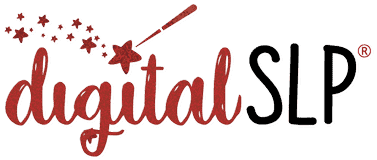

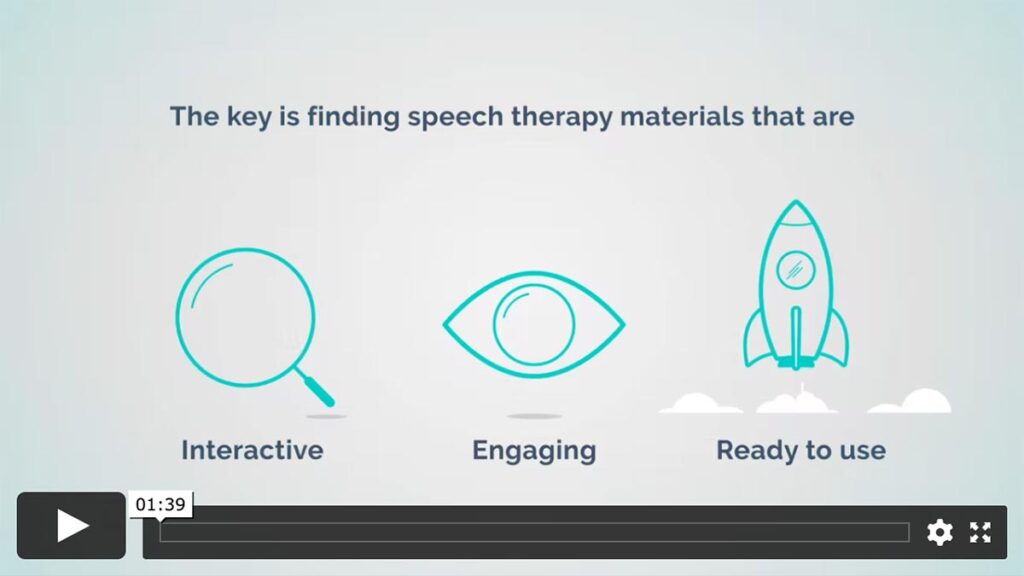


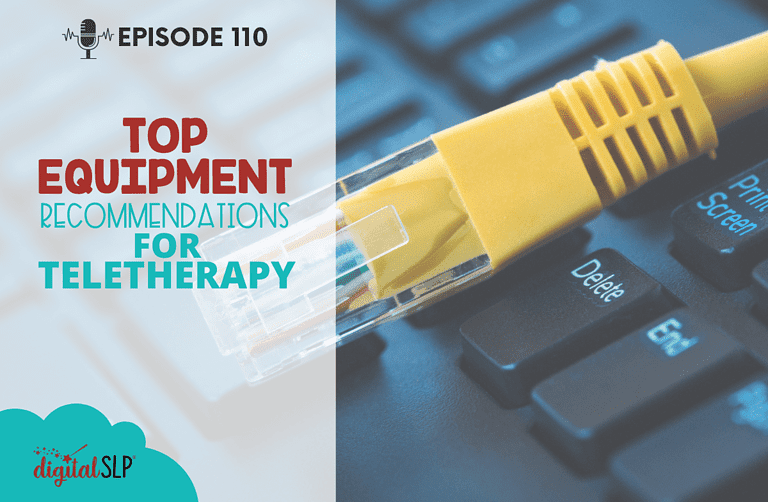
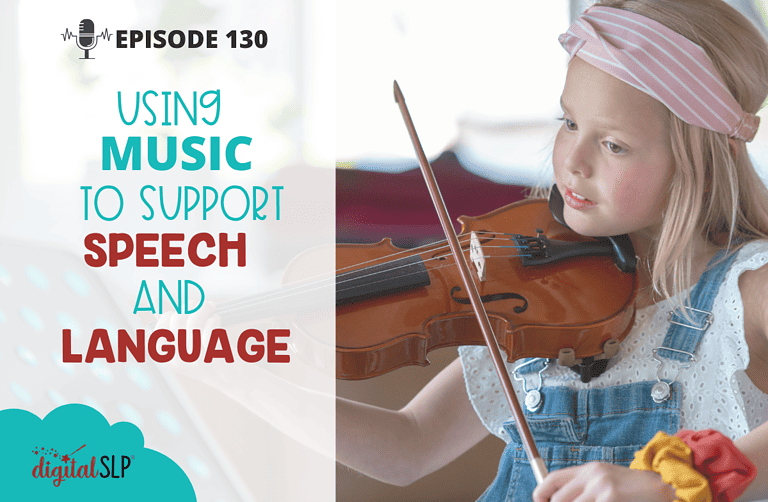
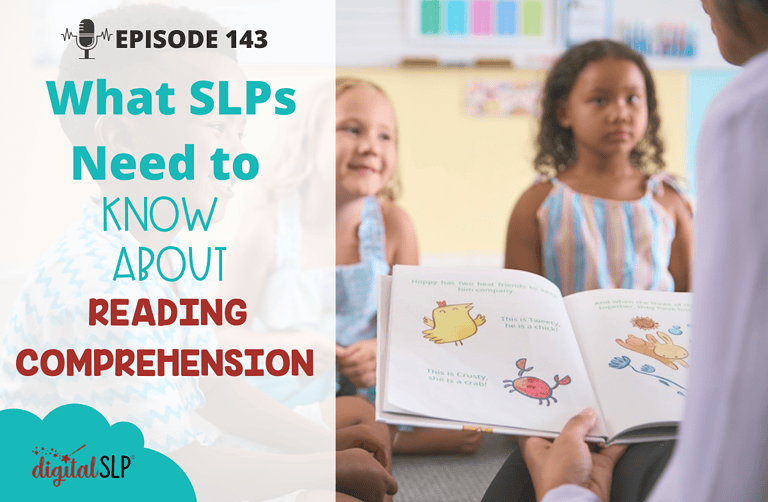
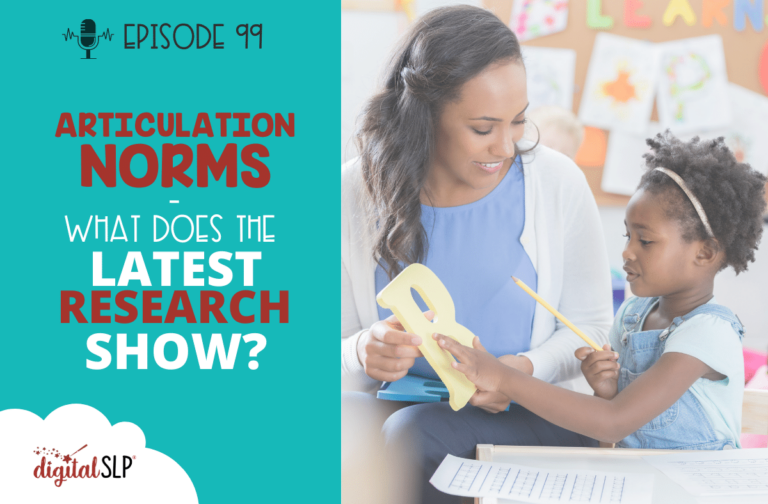

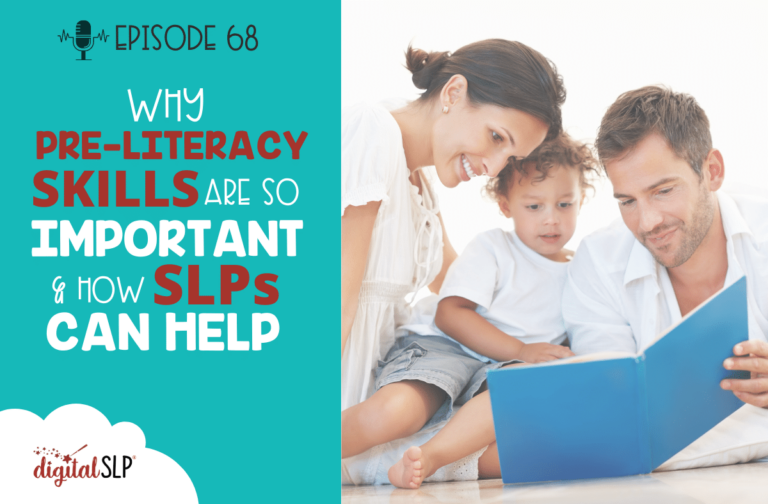

Recent Comments